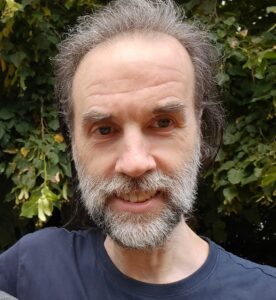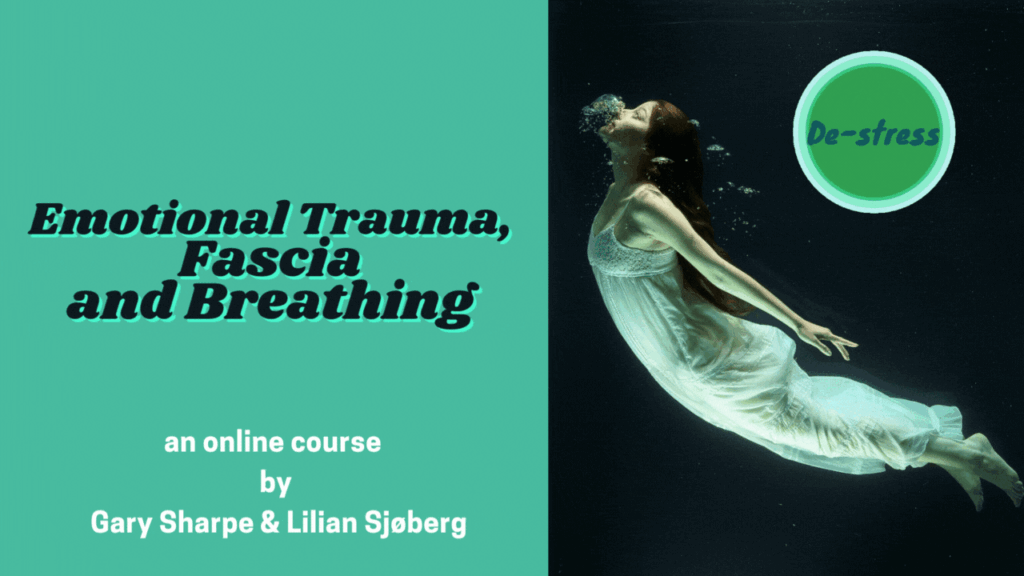
Emotional Trauma, Fascia and Breathing

Emotional Trauma, Fascia and Breathing
Lilian Sjøberg comment:
“why is this not common knowledge! you can get so much better by integrating this knowledge in your life ”
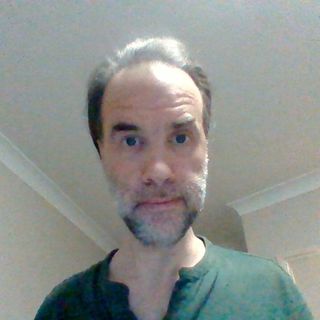
"Body memories and fascia are the important keys to healing."
A course by Gary Sharpe & Lilian Sjøberg:
To help you to better health & wellbeing, connecting the dots between body memories from emotional trauma, and how these are patterned in our connective tissue and our breathing habits.
Part 1:
the role of Fascia
and Body Memories
The focus is on ways to reduce psychological and physiological symptoms, and improve general health and wellbeing. It brings together Gary Sharpe’s section on Fascia and Connective Tissue, with Lilian Sjøberg’s concept of Body Memories.
We cover fascia release modalities that work through the body, and help to restore and restructure the connective tissue, and Lilian’s talk therapy, which works through the mind to release body memories of stressful events that get written into the fascia.
Lilian uses a technique where you investigate your symptoms very carefully and in depth as if you saw yourself from the inside, and give the symptom all your attention. From the words you use to tell the story of your symptom, she can hear if you are using healthy or unhealthy descriptions. She balances and guides the narrative, and lets you find the story behind the installation of the body memory, and release it. The combination of these modalities which use both the body and the mind as portals, allow significant progressive symptom reduction, fast..
This online course will familiarize you with our content, for those who are taking small steps into this new universe of better health and broader horizons. Yes, we can become better in so many ways.
You can do as we did, using many hours every day for years, to do the deep dive research, and dig up the knowledge – or springboard from the knowledge and understandings we have already gathered and learned.


Lilian Sjøberg comment
“Breathing is such an essential function. It is both under your control and most of the time unconsciousness.
That is why you can use breathing as a way to get out of instinct stress ”

Part 2:
Breathing Regulation & Dysregulation
“This practical online course explains the role that well regulated breathing plays in health and wellbeing, and conversely how unhealthy breathing plays into physiological and psychological symptoms of chronic conditions, and also how chronic illness or trauma can dysregulate breathing further impacting health. The pragmatic focus is on restoring healthy patterns of breathing for significant symptom reduction, and preventing further decline, and for general health and wellbeing. If you are not addressing the breath, recovery will be much slower. The course is suitable for people suffering from chronic illness or trauma, caregivers and therapists, or anyone who wants to be healthier.
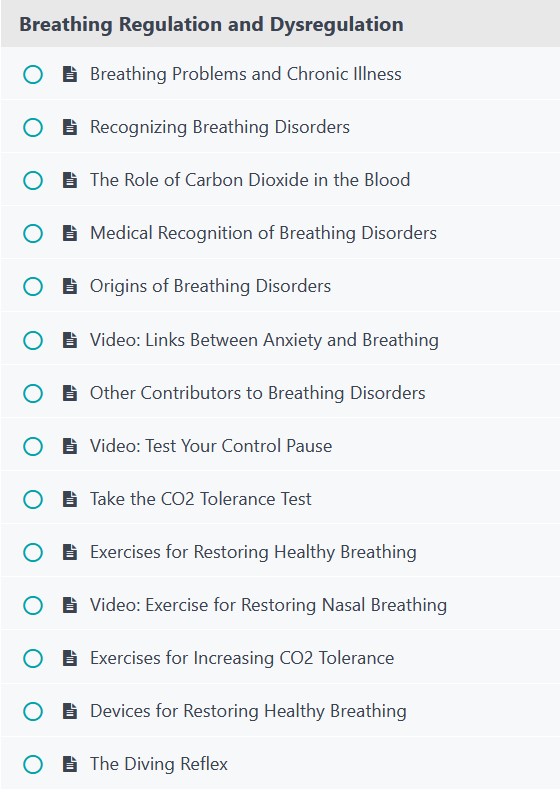
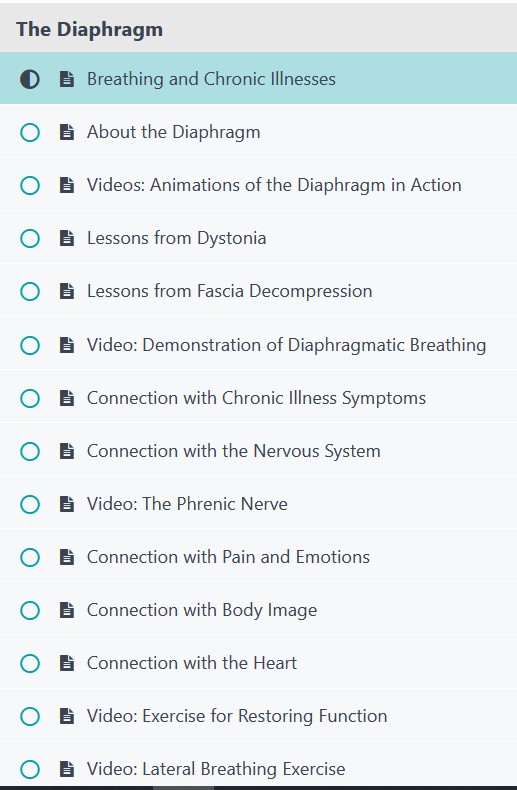
Practicalities
For $99 you get access to this course.
You get access for a year or more
(we do not close your access)
The day you want to do something about your stress and symptoms, the next level is the online HOPE-shortcut online course where you build a platform of how to make a transformation from a symptomatic to a more healthy person
No more talk, let me see the course
I want the knowledge now
Lilian Sjøberg, is a certified coach/therapist with a master’s in biology.
She brings a multitude of skills and experience to helping clients with chronic diseases learn to improve their quality of life by reducing, and often eliminating, their symptoms.
Gary Sharpe is a scientist and engineer by background, with a PhD, diagnosed with Early Onset Parkinson’s Disease, currently pursuing full recovery with Lilian’s help, and sharing lessons learned in the crucible of a chronic illness.
They began working together when they discovered their individual research and studies, and their personal experiences, had led them to very similar conclusions about the nature of chronic illnesses.

